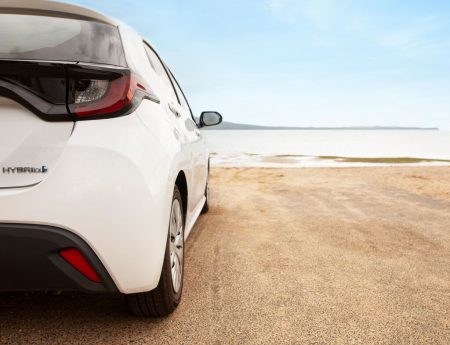
“If someone is a sole proprietor in the highest combined tax bracket for 2022 … and they use the vehicle 100 per cent for business use, they could claim a write-off of up to $59,000 – realizing up to $31,582.70 in tax savings.”īefore buying an EV for a business or self-employment, it’s a good idea to check with an accountant to figure out how the write-off would work, Monte said. “The savings depend on when the vehicle was purchased and available for use, how often the vehicle is used for business and the business owner’s tax rate,” Monte said. The amount you could save will vary, Monte said. “ will need to prorate the write-off in accordance with the amount of kilometres that they drive for their freelance gig versus for personal use,” Monte said. For an employee to claim the deduction, their employer would have to officially document that driving a vehicle is a condition of their employment, Monte said. cars, sedans, wagons), a work truck, a non-passenger. in August changing the availability of EV and plug-in hybrid. Business owners who purchase an EV for business use, freelancers who use their EV part-time for work or employees who are required to use their vehicles for work can all claim the deduction, Monte said. Here’s How The IRS Classifies Vehicles For The EV Tax Credit. “You’re looking at a 100-per-cent write-off in the first year of purchase for some EVs versus a 15-per-cent write-off in the year of purchase for some traditional vehicles,” Monte said. “These measures were announced in the 2019 federal budget and are available for an eligible purchased after March 19, 2019, and before 2028,” Gnamaka said. While that doesn’t translate into direct savings off the purchase price, you may get some delayed gratification after April 15. For the 2023 tax year, that will increase to $61,000. When you buy an electric or plug-in hybrid vehicle that was assembled in North America, you may qualify for a federal tax credit that reduces your income tax liability.
Do non plug in hybrid cars get tax credit full#
But since 2019, Canada has had a program that lets businesses write off up to the full amount of the purchase price of a new battery-electric vehicle (BEV), hydrogen fuel-cell vehicle or a PHEV with a battery capacity of at least 7 kilowatt-hours, CRA spokesperson Anne-Flore Gnamaka said in an e-mail.įor the 2022 tax year, you can claim up to $59,000 of the total purchase price. Now, 14 of 91 EV or PHEV models for sale in the United States qualify for either the full or partial credit.Īccording to the Canada Revenue Agency (CRA), we don’t have an EV or PHEV tax credit in Canada.


President Joe Biden’s administration announced new rules for its tax credits that require cars to be built in the United States, and a growing proportion of their batteries and critical minerals to be extracted or processed in the United States or one of its free-trade partners.


 0 kommentar(er)
0 kommentar(er)
